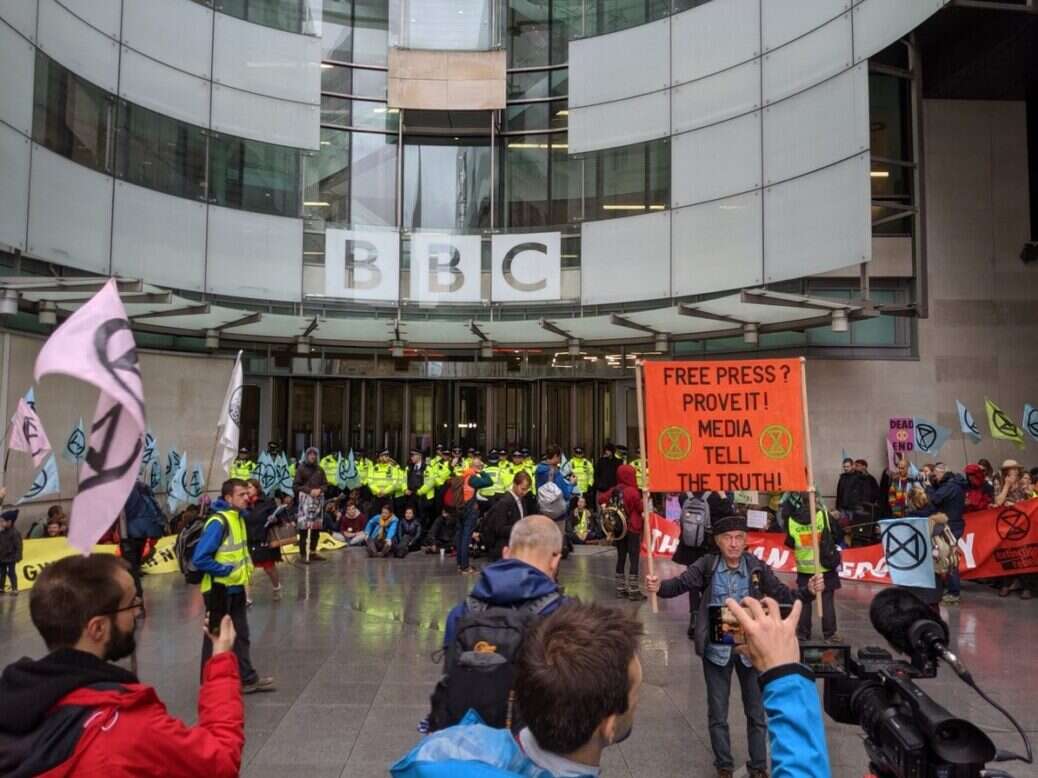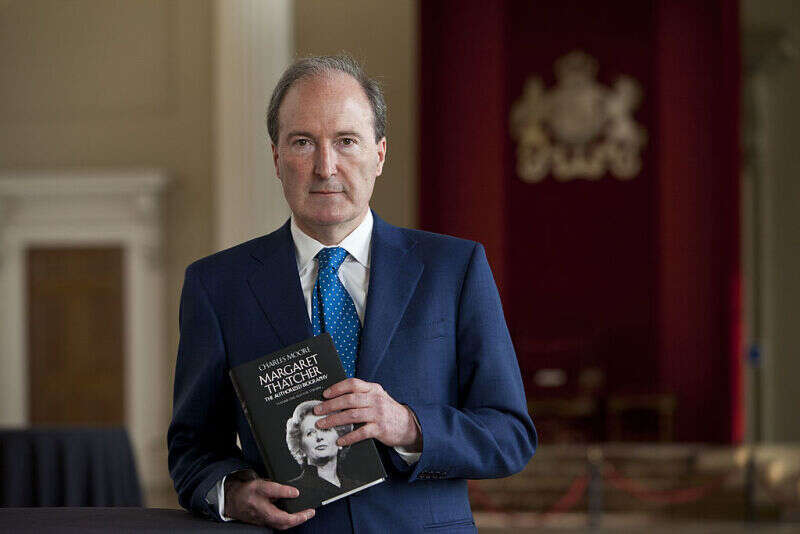
Press regulator IPSO has rejected a complaint by climate campaigning group Extinction Rebellion against The Telegraph.
Telegraph columnist Charles Moore, also a former editor of the newspaper, wrote a column criticising the BBC’s coverage of climate change, calling it “shamelessly one-sided, presenting highly politicised theory as irrefutable fact”. Sceptic Moore has previously accused the BBC of “preaching” on climate change.
Moore wrote in August that the public were “still being shamefully ill informed by the BBC about differing views on climate change policy” and that the broadcaster “sought to refute rather than investigate various green scandals, such as the ‘Climategate’ emails leaks of 2009”.
Extinction Rebellion backed the BBC in its complaint to IPSO, saying the article inaccurately stated as fact that the broadcaster had failed to comply with its impartiality guidelines. Extinction Rebellion has previously protested outside BBC’s Broadcasting House in London.
It said it was inaccurate to report that the public were being “shamefully ill informed” by the BBC and that the broadcaster had in fact investigated the Climategate leaks, which were used by climate change deniers to discredit climate scientists, at length between 2009 and 2012.
But The Telegraph responded that Moore was entitled to argue that the BBC’s approach to and coverage of climate change did not fulfil its impartiality commitments, and that the article was clearly presented as his personal view.

IPSO agreed that arguing the public were “shamefully ill informed” about “differing views on climate change policy” was “clearly an expression” of Moore’s personal view and that he had “clearly set out his reasons for his view – including on the disparities between the public and the corporation’s attitude to the issue”.
On Climategate, IPSO’s ruling said: “The Committee acknowledged the complainant’s concern that, reading the sentence in isolation, readers might understand it to mean that the BBC had not investigated the ‘Climategate’ email leaks of 2009 at all.
“However, the Committee had regard to the article as a whole: the columnist considered that the BBC had not applied ‘due impartiality’ on the issue of climate change; and argued that it had not properly interrogated claims about the ‘imminent destruction’ of the planet or the specific timeframes proposed by some to prevent such an outcome.
“Taken in this context, and where it was clearly presented as the columnist’s own personal assessment of the corporation’s intentions to properly investigate claims that support the prevailing consensus on the subject, the Committee did not consider that this statement represented a failure to take care or a significant inaccuracy requiring correction.”
IPSO’s complaints committee therefore decided not to uphold the complaint on Clause 1 (accuracy) grounds.
Email pged@pressgazette.co.uk to point out mistakes, provide story tips or send in a letter for publication on our "Letters Page" blog
